In a significant escalation of tensions in the Middle East, Iran launched a retaliatory drone and missile attack targeting Israel, marking a historic shift in the region's dynamics. The attack came in response to an Israeli airstrike on the Iranian consulate in Damascus, Syria, which resulted in the deaths of nine individuals, including a top commander of the Revolutionary Guard.
The retaliatory strike, characterized as a direct assault on Israeli soil, represents a departure from Iran's previous strategies and signifies a new phase in the ongoing conflict between the two adversaries. Iran's leadership has framed the attack as a clear message to Israel that any harm or aggression against Iran's interests will not be tolerated.
According to reports, Iran's drone and missile attack involved over 300 drones and missiles, targeting multiple locations in Israel. While the Israel Defense Forces claimed to have successfully intercepted most of the incoming projectiles, Iran hailed the operation as a success, asserting its ability to strike at the heart of its adversary.
President Ibrahim Raisi praised the operation as a pivotal moment and a lesson for Israel, signaling Iran's readiness to defend itself against external threats. The attack has underscored Iran's determination to challenge Israeli authority and protect its own interests in the face of ongoing aggression.
Tensions in the region have been on the rise, exacerbated by the Israel-Hamas conflict and the involvement of Iran-backed armed groups across multiple countries. Iran has blamed Israel for recent attacks on members of the Islamic Revolutionary Guard Corps (IRGC) in Syria, further fueling hostilities between the two sides.
The attack represents a departure from Iran's previous policy of strategic patience, signaling a shift towards more assertive and direct actions in response to perceived threats. Despite decades of hostility towards Israel, Iran had refrained from directly targeting Israeli territory until now.
Iranian media have hailed the attack as a historic success, positioning Iran as a formidable force capable of challenging Israeli aggression. The strike has disrupted the status quo in the region, reshaping the dynamics of the conflict and signaling Iran's willingness to assert its influence on the global stage.
The international community is closely monitoring the situation, with concerns over the potential for further escalation and the impact on regional stability. As tensions remain high, both Iran and Israel are likely to remain on high alert, with the potential for further confrontations looming large in the Middle East.



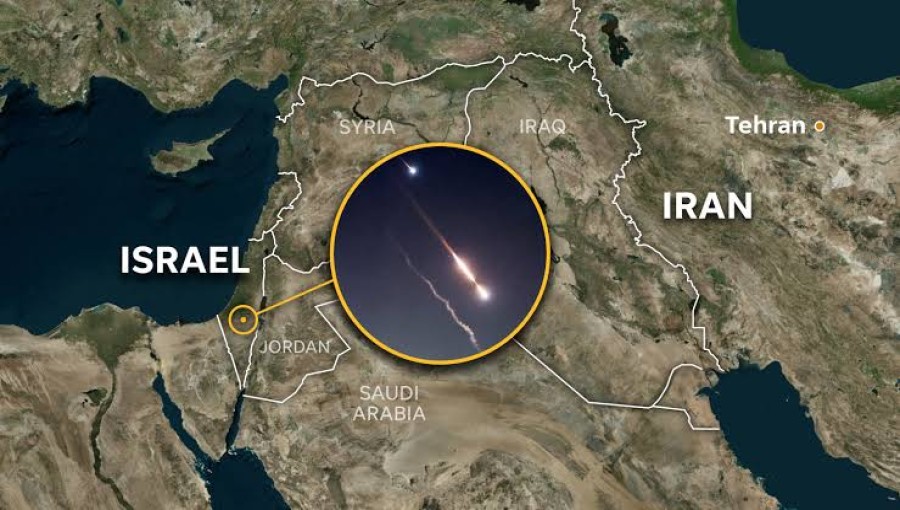
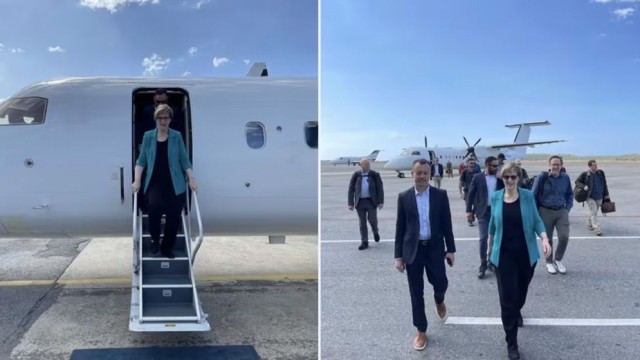
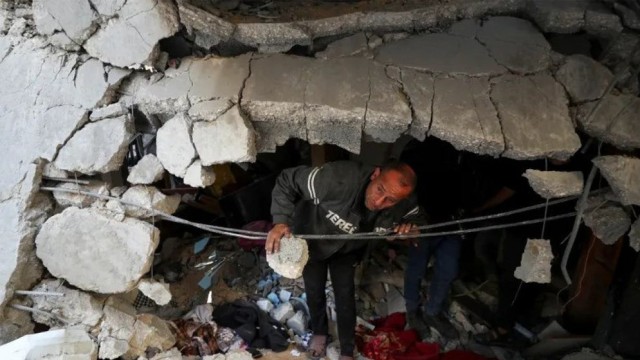
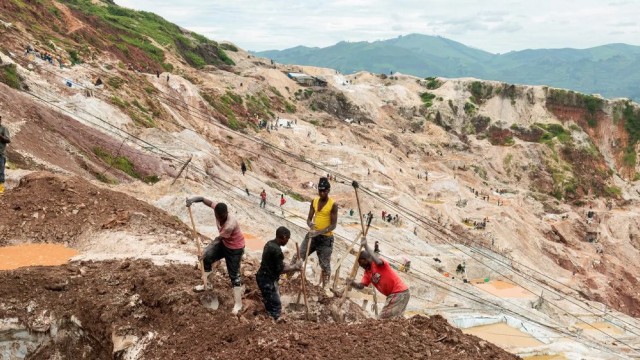
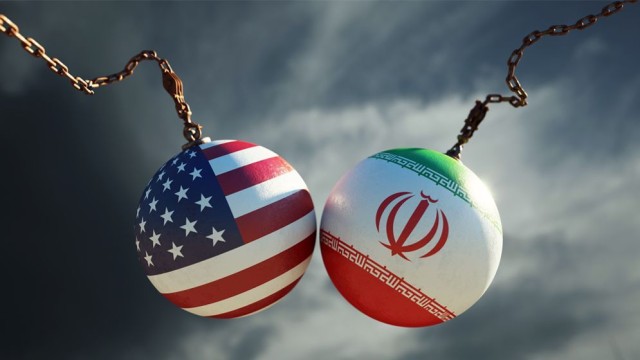
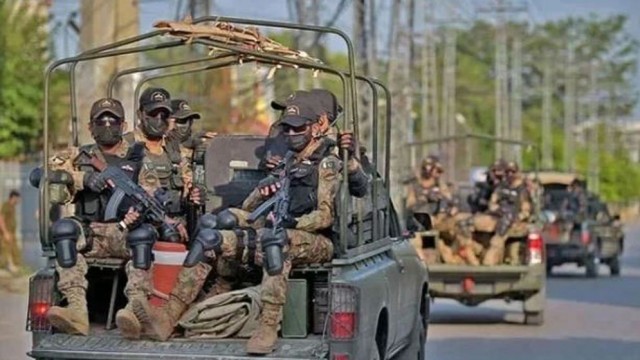
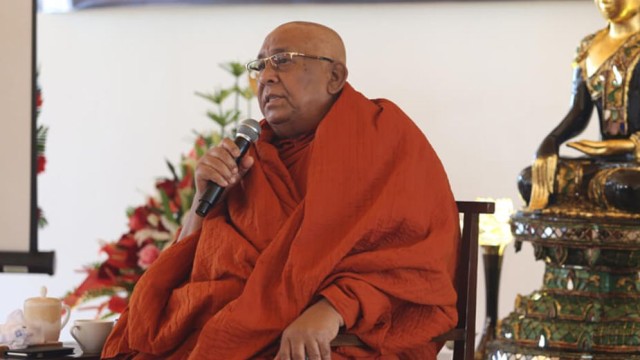
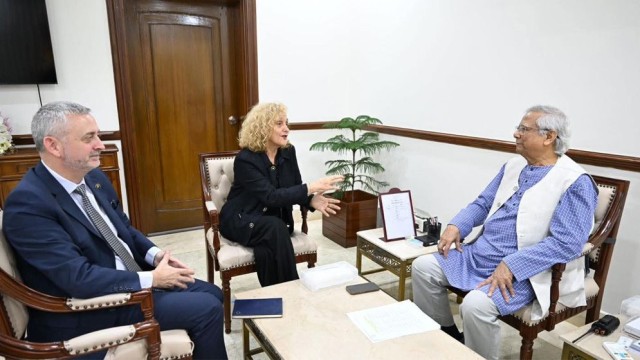

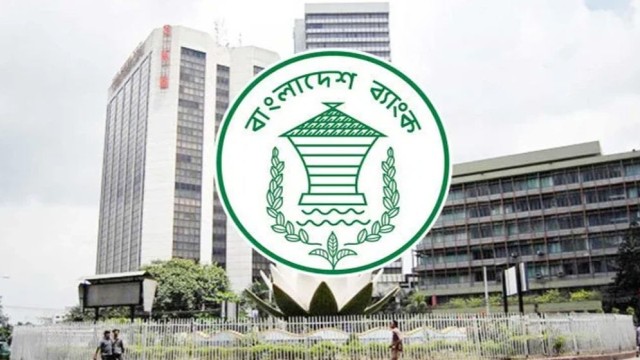
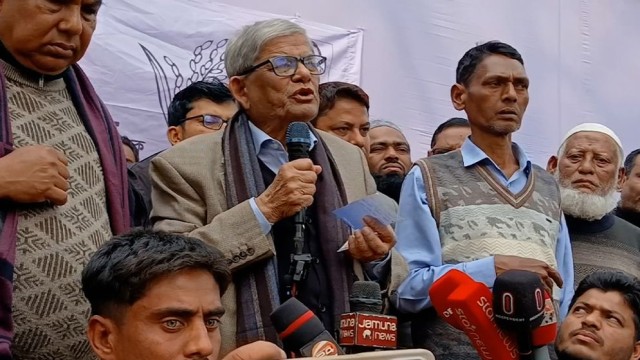

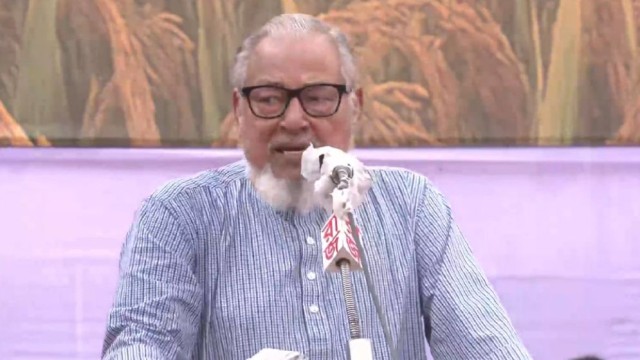

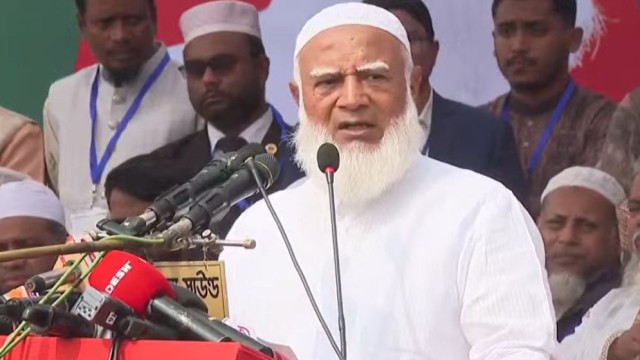

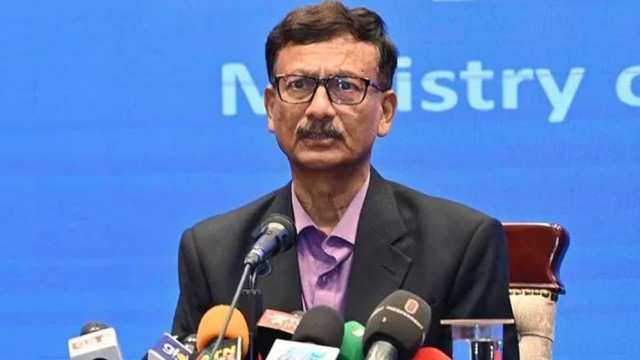


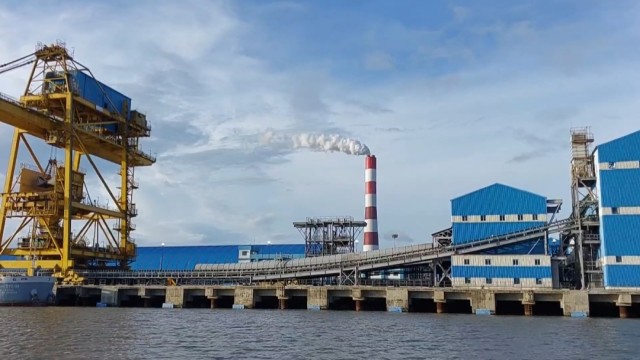

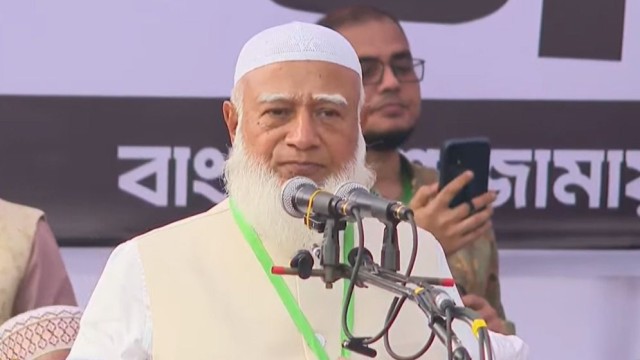
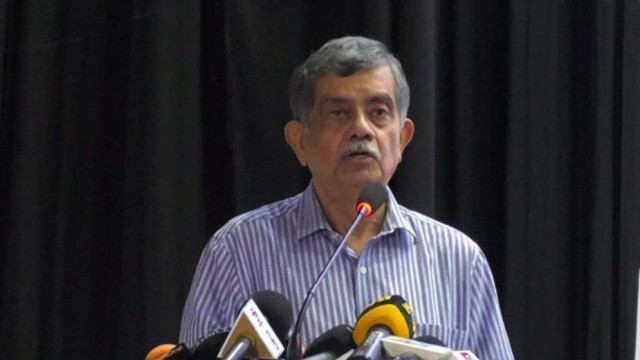
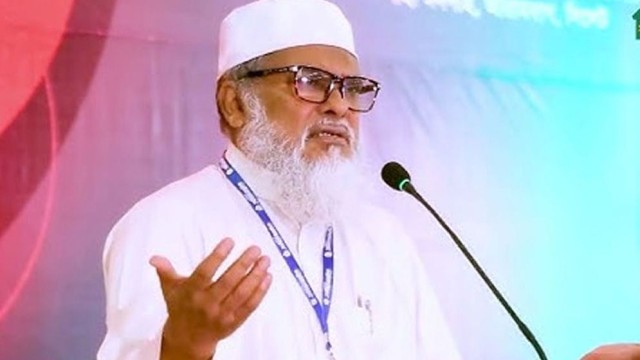

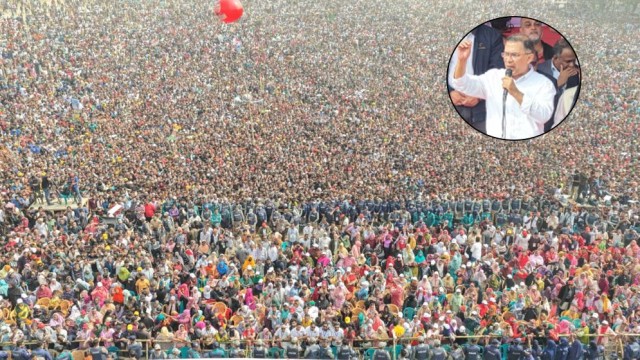
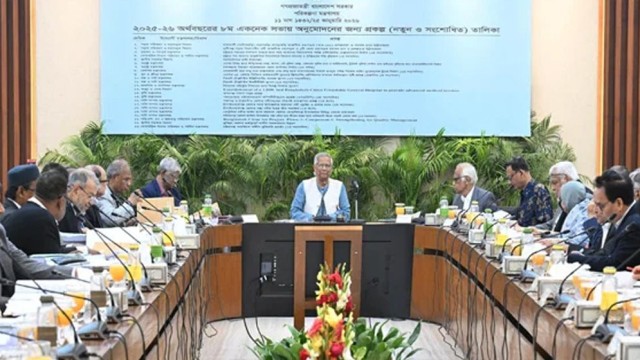
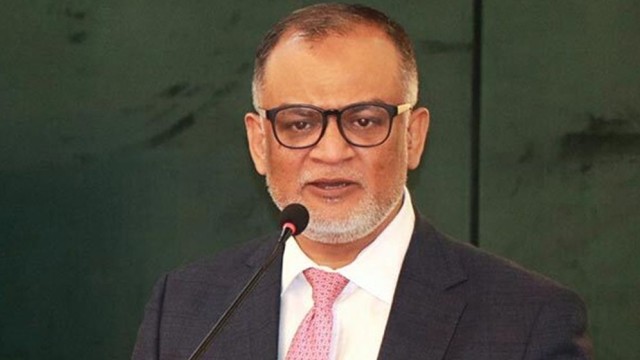
Comment: